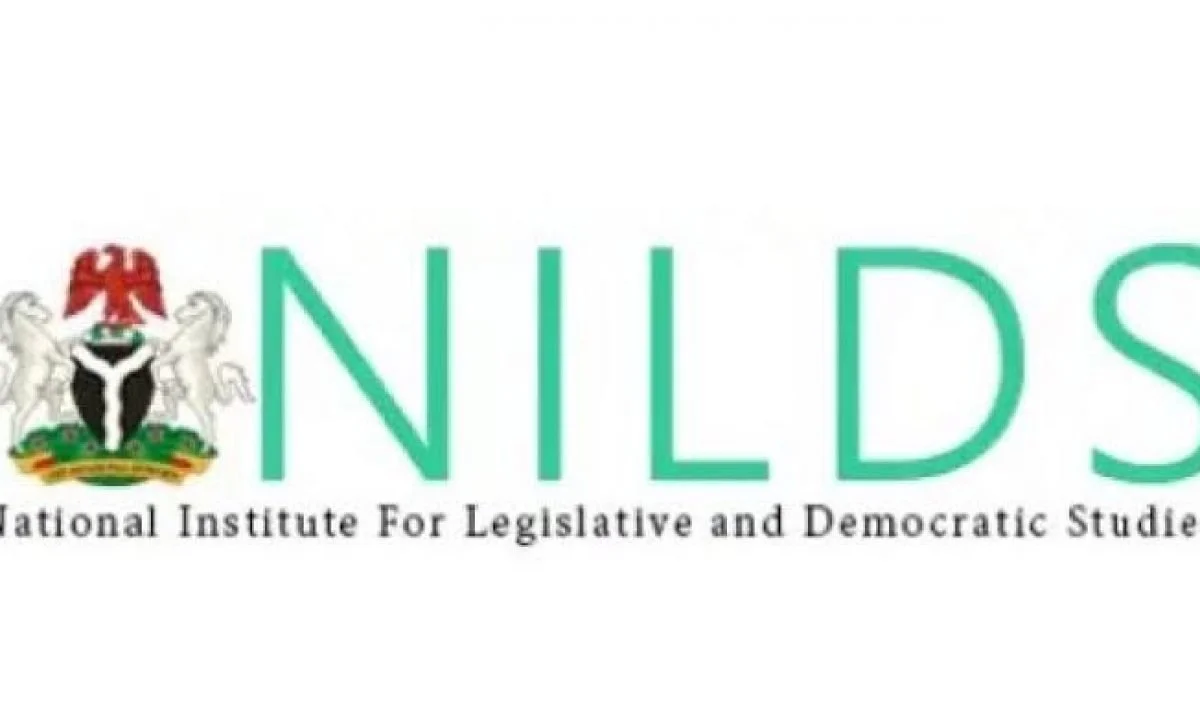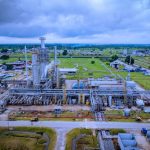… As a citizen, my children can’t get jobs in Kano — Jega
For Nigeria to advance its development goals, it must take “bold and courageous steps” to overcome current challenges, according to the Director-General of the National Institute for Legislative and Democratic Studies (NILDS), Prof. Abubakar Sulaiman.
NILDS is an organ of the National Assembly vested with the responsibility of research, capacity building and legislative training, among others.
Sulaiman said to tackle the challenges, Nigerians must also agree on the strategies to deploy with a view to producing the desired outcome with limited negative consequences.
He was speaking on Thursday at a ‘Survey Validation Workshop on Elite Consensus’ organised by NILDS in Abuja.
Sulaiman noted, “Many nations recognise the importance and need for progress and people all over the world from time immemorial have moved to advance their lots. The difficult part has always been for people to agree on the path or strategies that will produce the desired outcome with fewer negative consequences.
“This lack of agreement, especially for people living under different socio-economic conditions, has in the course of history produced different orientations and approaches toward development.
While some will prefer a radical or violent revolutionary way of enthroning a new social order, some may tilt towards a more gradual institutional change, while others would want incremental progress that would not alter the existing social order. “
In the case of Nigeria, he observed that its shared colonial history and the “weaponisation” of ethnicity and religion continued to make it difficult to agree on the right strategies to place the country on the path of positive growth.
He added, “These challenges have also created a divided society, particularly along economic lines, consisting of a highly privileged few and a growing poor majority sustaining a widening gap of inequality.
“While the rich strive to jealously guard their privileged position, the poor have always struggled to change the social order, mostly through violent revolutionary means as demonstrated by the May Anti-SAP Riots of 1989, the #Occupy Nigeria in 2012, #EndSARS protest in 2020, just to mention a few.
“The frustration about the Nigerian project has, over the years, led to recurring national debates on the best way to resolve the seemingly intractable national issues. This debate lately has hovered around the need to restructure the country with different strategies such as regionalism, devolution of powers, financial autonomy for local government, the establishment of state police, and state creation, among others.”
However, he said there had been some consensus among the elite on the strategies to adopt.
According to him, one obvious way is to “get the elite to work together by putting the country first and agreeing on areas of priority and strategies”, the reason he said the survey was conducted.
The survey report with the title, “Elite Consensus and National Development in Nigeria: Report of a National Survey”, identified many areas respondents said would need immediate attention for Nigeria to forge ahead, including accountability/transparency; curbing corruption; constitutional reforms; the economy; governance and electoral reforms; security; women/youth and People Living with Disabilities (PLWDs).
A major development factor unearthed by the survey is how ‘state of origin’ or indigenship is retarding development in Nigeria. Many participants at the validation workshop also referenced it by citing examples with Nigerians that were victims.
There were recommendations for further amendments to the 1999 Constitution to expunge certain provisions that tend to divide rather than unite Nigerians.
Former chairman of the Independent National Electoral Commission (INEC), Prof. Attahiru Jega, for instance, told the session that though he is an indigene of Kebbi State, his children were born and brought up in Kano State, but did not enjoy the same rights as indigenes of Kano.
Jega, a former President of the Academic Staff Union of Universities (ASUU), noted that while the elite might know of some of these retrogressive issues, they were also unwilling to talk about them.
“Why are they not coming together to develop that consensus and factor it into the catalyst for national development?”, he asked.
Jega added, “Very few people in this country are happy about this issue of indigenship.
“My children can never hope to get a job in the Kano state civil service. I am from Kebbi State. I gave birth to my children in Kano state, but my children can’t get a job there.
“We are all northerners, we are all Muslims, yet we can’t get jobs in the civil service in Kano. So, this thing cuts across all the regions and states of the Federation. It is not only about one side.”
ALSO READ TOP STORIES FROM NIGERIAN TRIBUNE
WATCH TOP VIDEOS FROM NIGERIAN TRIBUNE TV
- Let’s Talk About SELF-AWARENESS
- Is Your Confidence Mistaken for Pride? Let’s talk about it
- Is Etiquette About Perfection…Or Just Not Being Rude?
- Top Psychologist Reveal 3 Signs You’re Struggling With Imposter Syndrome
- Do You Pick Up Work-Related Calls at Midnight or Never? Let’s Talk About Boundaries







